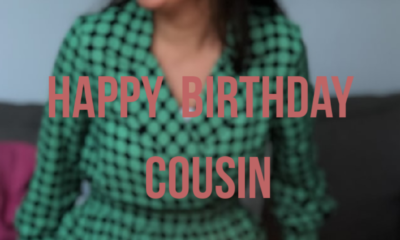Marriage & Divorce
Self-Uniting Marriage: How to Say “I Do” Without an Officiant

Last Updated on February 28, 2026 by Joshua Isibor
Getting married is a momentous occasion that many couples dream of for years. Traditionally, a couple would have a religious or civil ceremony officiated by an ordained minister or other authorized individual. However, there is another option available for couples who want to take matters into their own hands: the self-uniting marriage.
This type of marriage is recognized in certain states in the United States, including Pennsylvania, Colorado, and Wisconsin. In these states, the couple can obtain a self-uniting marriage license which allows them to perform the ceremony themselves.
A self-uniting marriage, also known as a Quaker wedding or a self-solemnizing marriage, is a legal marriage that is officiated by the couple themselves, without the need for an ordained minister or other officiant. This type of marriage is recognized in certain states in the United States, including Pennsylvania, Colorado, and Wisconsin.
In a self-uniting marriage, the couple takes on the role of the officiant and performs the marriage ceremony themselves. This means that they are responsible for obtaining and completing the necessary paperwork, creating the ceremony script, and ensuring that all legal requirements are met.
One of the benefits of a self-uniting marriage is that it allows couples to have complete control over their wedding ceremony. They can customize the ceremony to their own personal preferences, including the location, the wording of the vows, and any other special touches that are important to them.
Another benefit of a self-uniting marriage is that it can be a more intimate and meaningful experience for the couple. Without an officiant or other third party present, the couple can focus solely on each other and their commitment to one another.
However, there are also some potential challenges and considerations to keep in mind when planning a self-uniting marriage. For example, couples should ensure that they have a thorough understanding of the legal requirements in their state and obtain any necessary licenses or permits.
Additionally, couples may need to consider how they will navigate any potential objections from family members or other individuals who may not be supportive of the self-uniting marriage. This can be especially important if the couple is planning to have a larger wedding with guests in attendance.
One way to address potential objections is to involve family members and loved ones in the ceremony in other ways, such as having them give readings or perform musical selections. This can help to create a sense of community and support while still allowing the couple to maintain their autonomy and control over the ceremony.
In conclusion, a self-uniting marriage is a unique and meaningful way for couples to take control of their wedding use ceremony and create a personalized and intimate experience. While there are some potential challenges to consider, with proper planning and preparation, a self-uniting marriage can be a beautiful and memorable way to say “I do” without an officiant.
Also, Read How to Handle a Wife without getting Marital Problems
Originally posted 2023-05-11 13:56:28.

-

 Text Messages2 years ago
Text Messages2 years agoBEST LOVE CONFESSION MESSAGES FOR HER OR HIM
-

 Health4 months ago
Health4 months ago5 Unknown Ways To Maintain Skin Health
-

 Sex Education2 months ago
Sex Education2 months ago10 Simple Hack to Make a Girl Send Her Nudes
-

 Text Messages2 years ago
Text Messages2 years agoHappy Birthday Cousin, wishes and messages
-

 Text Messages2 years ago
Text Messages2 years agoHeart Touching RIP Uncle Quotes
-

 Uncategorized4 months ago
Uncategorized4 months agoHOW TO KISS A BOY FOR THE FIRST TIME
-

 Text Messages2 years ago
Text Messages2 years agoFreaky and Dirty Paragraphs For Him Copy And Paste Yahoo
-

 Text Messages2 years ago
Text Messages2 years agoBest Good Luck Wishes Before and After Surgery, for Family and Friends













